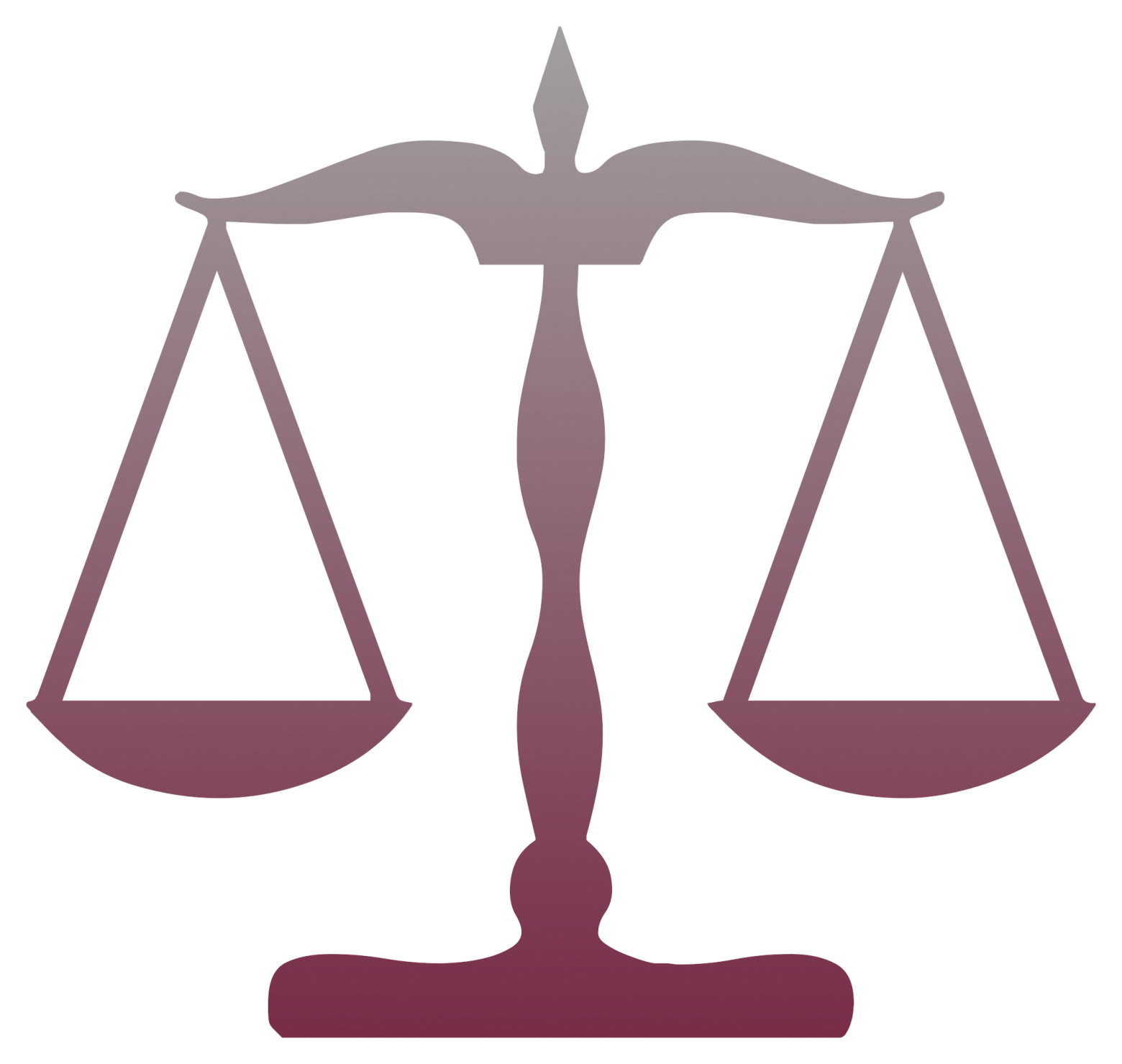In the realm of education, the concept of rights for students is paramount to ensuring a safe, equitable, and nurturing environment for learning and personal growth. These rights are designed to protect students and provide them with the necessary conditions to succeed academically and develop personally. This article aims to explore the various dimensions of student rights, the significance of these rights within the educational landscape, and the laws in schools that govern these protections. To navigate and uphold these rights effectively, students and their families may need to access legal services, which can offer guidance and support in instances where rights may be in jeopardy or have been violated.

Rights for Students: A Fundamental Overview
The Foundation of Student Rights
At the heart of an effective education system lies the recognition and respect for the rights of students. These rights encompass a wide range of protections and freedoms, including the right to free public education, freedom of speech and expression, privacy, non-discrimination, and the right to a safe learning environment. Understanding these rights is crucial for students, educators, and administrators alike, as they form the foundation upon which equitable and inclusive educational practices are built.
Key Rights of Students in Schools

Right to Free Public Education
One of the cornerstone rights for students is the right to a free public education. This principle ensures that every child, regardless of background, socioeconomic status, or any other factors, has access to quality education. Laws in schools across various jurisdictions reinforce this right, mandating education for children up to a certain age and ensuring that public education is provided at no direct cost to the student.

Freedom of Speech and Expression
Students do not shed their constitutional rights at the school gate. The right to freedom of speech and expression is vital within educational settings, allowing students to explore ideas, express themselves, and engage in constructive dialogue. However, this right is balanced with the need to maintain order and respect within the school environment. The Supreme Court has ruled in cases such as Tinker v. Des Moines Independent Community School District that student expression cannot be suppressed unless it substantially disrupts the educational process or infringes on the rights of others. For students facing challenges in exercising their freedom of speech or encountering censorship, accessing a free legal advice hotline 24/7 can provide immediate guidance and support to navigate these complex issues.
Privacy Rights
Privacy rights for students are another critical aspect of student protection. These rights cover a range of issues, from the confidentiality of student records under laws like the Family Educational Rights and Privacy Act (FERPA) in the United States to the privacy of personal belongings and protection against unreasonable searches. Schools are required to maintain the confidentiality of student information and need reasonable suspicion to conduct searches, ensuring a balance between privacy and safety.
Non-Discrimination and Equal Opportunity
The right to non-discrimination is fundamental to creating an inclusive educational environment. Laws such as Title IX in the U.S. prohibit discrimination based on sex in any education program or activity receiving federal financial assistance. Similar protections exist for other bases of discrimination, including race, color, national origin, and disability, ensuring that all students have equal access to educational opportunities and resources.
Right to a Safe Learning Environment
Every student has the right to a safe learning environment, free from violence, bullying, harassment, and intimidation. Schools are tasked with implementing policies and practices that protect students from physical and psychological harm, creating an atmosphere conducive to learning and personal growth.

Laws in Schools: Safeguarding Student Rights
The Role of Legislation in Protecting Student Rights
Laws in schools play a pivotal role in safeguarding the rights of students. These laws, which vary by country and jurisdiction, establish the legal framework within which educational institutions operate. They outline the responsibilities of schools in upholding student rights and the recourse available to students and families should these rights be violated. Understanding these laws is crucial for advocating for student rights and ensuring that schools remain accountable.

Challenges and Considerations
While the framework for student rights is well-established, challenges persist in fully realizing these rights for every student. Issues such as unequal access to resources, disciplinary practices that disproportionately affect marginalized students, and the ongoing debate over the extent of certain rights within educational settings highlight the complexity of enforcing and protecting student rights.
The Importance of Advocacy and Awareness
Advocacy and awareness are essential in overcoming these challenges. Students, educators, parents, and communities must work together to advocate for policies and practices that promote equity and justice within schools. Increasing awareness about student rights and the laws that protect them is a critical step in empowering students to advocate for themselves and others.
Conclusion
Rights for students are an essential component of a just, effective, and inclusive education system. These rights ensure that students are provided with the opportunities and protections necessary to succeed academically and grow personally. By understanding and advocating for these rights and by navigating the laws in schools that support them, we can work towards an educational landscape that truly values and respects the dignity and potential of every student. As we move forward, let us commit to ensuring that student rights are not just theoretical ideals but lived realities for all students across the globe. Understanding Why Social Justice in School Matters is critical in this endeavor, as it highlights the importance of embedding fairness and equality into the very fabric of our educational systems, ensuring every student has the chance to thrive.
